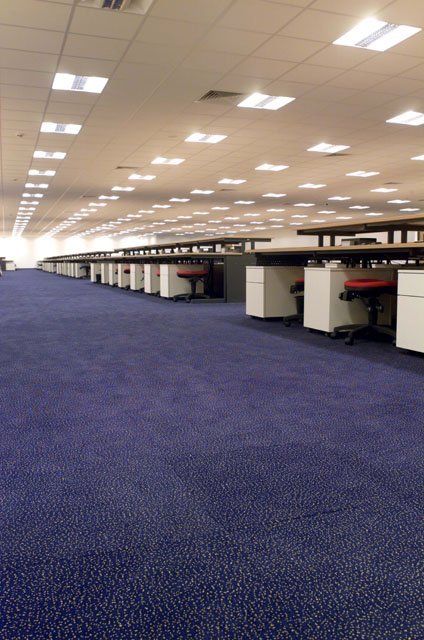Want to improve your home’s interior? Experts may recommend opting for suspended ceilings. Imperfections present in the room can be hidden using the suspended ceiling. Home may appear more appealing to the guests. Suspended ceilings are a great option if you want to soundproof the room or improve the way light reflects through the walls.
Additionally, it works well to hide the unsightly roof. If the suspended ceiling fixings are required, it can be done quite easily. Therefore, it is better to choose this option. Here are some of the materials that can be utilised for the suspended ceiling.
Materials Used For Suspended Ceilings
A variety of compositions is available for use in suspended ceilings in Birmingham. The choice of the right material for the ceiling can significantly alter the appearance of the home. Depending on the architectural design and other factors, it is possible to tailor the ceiling. Mineral fibre, including fibreglass and wool, is one of the common materials used for this type of ceiling. Features like fire resistance and sound-absorbing properties make them ideal options for any setting.
On the other hand, metal tiles made from tin, aluminium, and steel guarantee a durable surface. When you use this type of tile, it becomes possible to ensure a modern and contemporary appearance. If the space requires dealing with moisture, the vinyl-faced gypsum is the best choice. It also offers structural integrity. Understanding the material can help you make an informed decision. Here are some common options for ceiling tiles.
Types Of Common Ceiling Tiles
Mineral Fibre
A combination of recycled, processed, and natural materials is evident in the suspended ceiling, which is made from mineral fibre. Depending on the ceiling panel available, you can choose from newsprint, clay, perlite, starch, mineral wool, and fibreglass. These materials are typically mixed with a water-based solution before the binding and curing process, which involves heating. Laser helps to cut the board. Later on, it is painted. If you want to add detail to the suspended ceiling, it can be done during this time.
Soft mineral fibre typically contains a significant amount of mineral wool and fibreglass. Due to the composition of the tile, it can absorb sound more effectively. There should be no issues related to echoing or speech intelligibility.
In the case of hard mineral fibre, a large amount of clay can be observed. Both the density and weight of the materials play a crucial role in determining the level of soundproofing. Denser material can ensure better sound insulation, improving your privacy level. At the same time, room-to-room noise transfer may become less.
Metal Ceiling
Are you looking for a durable material for your suspended ceiling? Metal ceilings can offer durability, a glossy finish, and a sophisticated appearance. Metal sheets are available in a wide range of sizes and thicknesses. Therefore, you can select an option that suits your requirements. Nonetheless, it can assure an elegant and seamless look.
Plastic Polymer
Plastic polymer is also a great choice. Durable materials can enhance the overall appeal. When using this type of tile for the ceiling, you can achieve a similar look to that of wood shingles or slate. However, these tiles require less maintenance.
If you are unsure about the suspended ceiling material for your room, you can contact professionals from Martins Fixings to learn more. Experts can offer you ceiling options that require the least suspended ceiling fixings.

